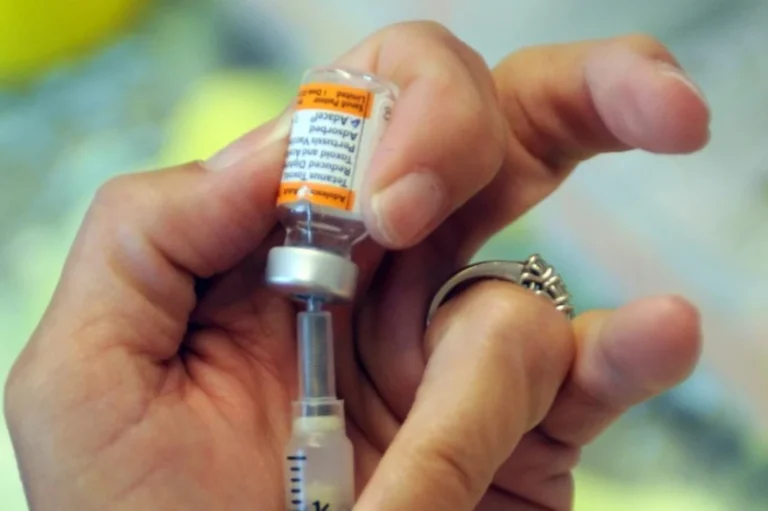As of the end of November, 1,902 whooping cough infections were reported in Illinois this year. That’s three times more cases compared to the same time last year and the highest number of cases Illinois has seen since 2012.
Whooping cough cases remained high this year in Illinois, a trend likely driven by low vaccination rates and waning vaccine immunity, but also by better detection through more and improved testing.
As of the end of November, 1,902 whooping cough infections were reported in Illinois this year, according to the Centers for Disease Control and Prevention.
That’s three times more cases compared to the same time last year and the highest number of cases the state has seen since 2012, according to the Illinois Department of Public Health. Cases in Chicago have also reached a 12-year high at 265 reported cases, the Chicago Department of Public Health reported.
“Increasingly, since the COVID-19 pandemic, we are seeing many of these infectious diseases have high numbers after dropping during the pandemic, including whooping cough,” Sameer Vohra, the director of the state’s health department, told the Sun-Times.
Before the pandemic, spikes in whooping cough cases would happen every three to five years, according to the city health department.
Whooping cough, also called pertussis, is a highly contagious respiratory disease. The telltale symptom of the infection is a cough that lingers and gets worse over several weeks. The infection is most severe in infants. One in three babies under a year old with whooping cough are hospitalized.
In October, 408 whooping cough cases were recorded in Illinois, the largest monthly total in 20 years, according to the state health department.
Illinois has the fourth highest amount of cases in the country, according to the CDC’s figures. Pennsylvania, Wisconsin and New York have reported more infections this year.
Larry Kociolek, an infectious disease doctor at Lurie Children’s Hospital, has noticed an increase in cases this year. A low vaccination rate is partly to blame, he said. People got behind on their vaccinations during the pandemic and still haven’t caught up. The effectiveness of the pertussis vaccine also wanes over time.
“The most significant impact of the pandemic on whooping cough would be declining vaccination rates leaving people more vulnerable and more exposed,” Kociolek said.
The DTaP vaccine for kids is five doses given throughout the first six years of a child’s life, which requires regular primary care visits.
“There are several doses given during childhood. The vaccine gets more effective over time,” Kociolek said. “But immunity wanes when entering adolescence, so that’s why we give a booster and then again in early adulthood.”
Illinois is still not back up to routine immunization rates compared to before the pandemic, Vohra said. For kindergartners, the state vaccination rate is 91.7%, slightly lower than the national rate of 93.1%.
“One of our continued messages is how important these routine vaccines are and how they can make a really big difference for preventing severe disease,” Vohra said.
Another explanation is doctors are testing for whooping cough more, so they’re identifying more cases, Kociolek said.
“Pertussis is easier to diagnose now than a decade ago,” Kociolek said. “Rapid and highly accurate tests are now more available, making it easier to recognize cases.”
The most effective way to prevent whooping cough is for both kids and adults to be vaccinated, Kociolek said. It’s recommended adults get the Tdap vaccine booster every 10 years, which protects against tetanus, diphtheria and pertussis.
Vaccinations are especially important for pregnant people and anyone caring for infants and young children, he added.
For both kids and adults with whooping cough, Kociolek recommends seeking medical help if the cough gets more severe and the person is struggling to breathe or throwing up because of the cough.

